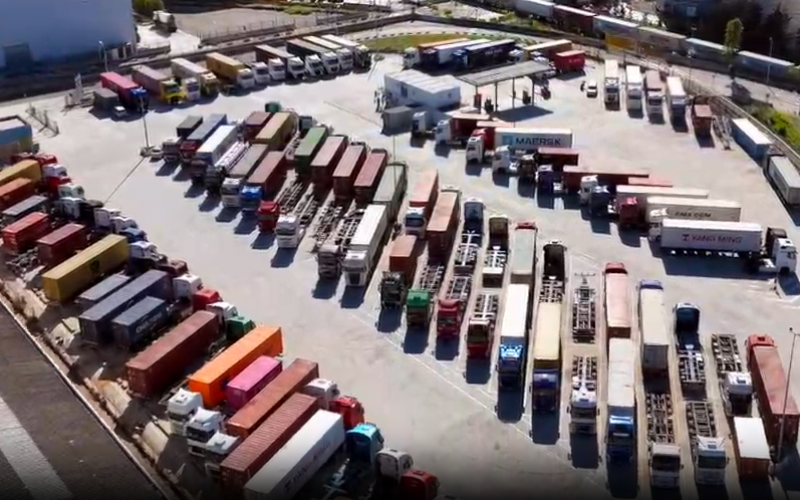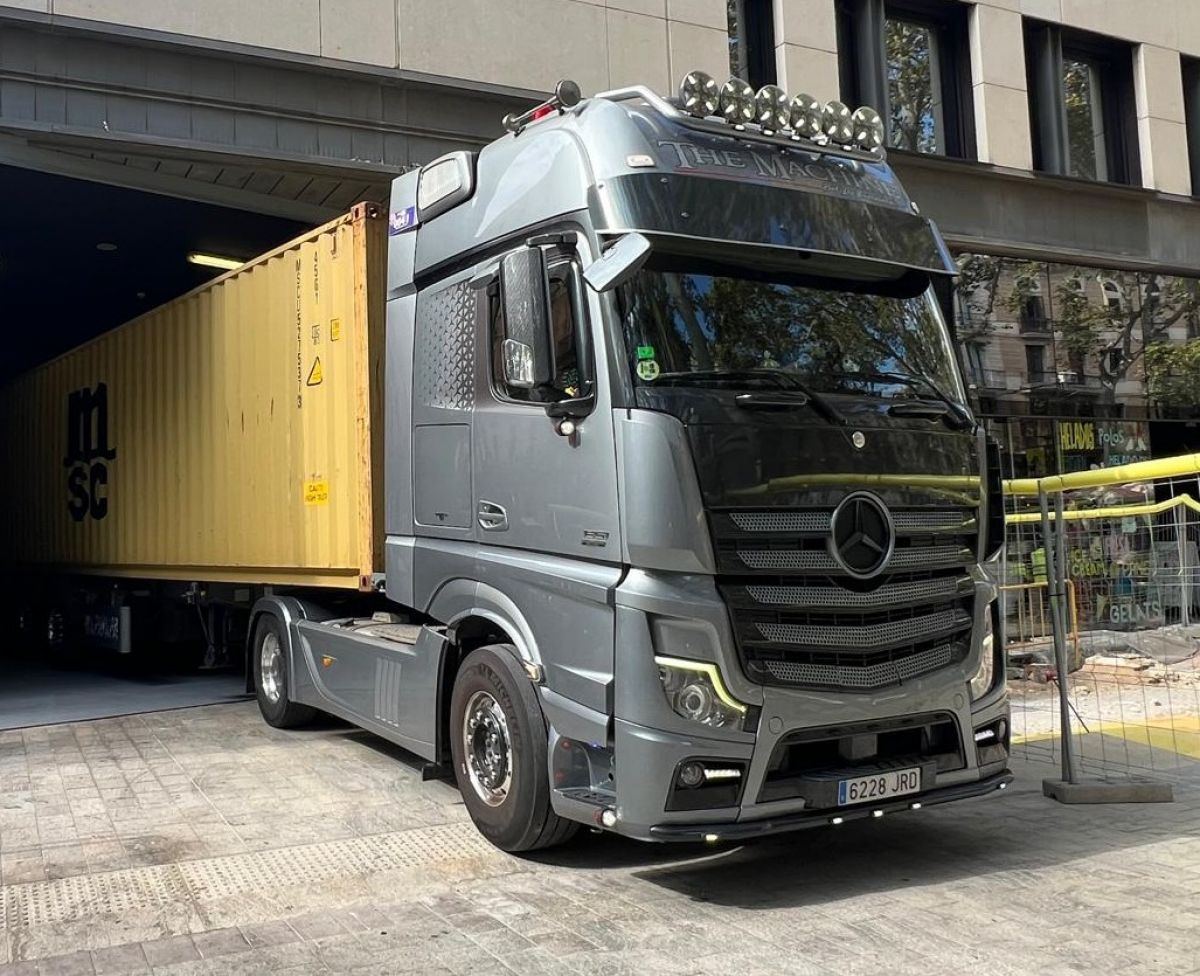
Port transport warns of the risk of unfair competition due to new masses in intermodal transport
The recent approval of the increase in the maximum authorized mass to 46 tons for intermodal transport has caused “discomfort and rejection” among the National Federation of Port Transport Associations (Fenatport). In this regard, they warn that the regulations have come into force “without establishing clear and mandatory mechanisms that allow for identifying with complete certainty whether a transport operation actually complies with the legal requirements for intermodal transport, and without this guarantee, the risk of this regulation becoming a vehicle for irregular practices and unfair competition is excessively high.”
Specifically, and as stipulated in European regulations, for a transport to be considered intermodal, the road journey must not exceed 150 kilometers in a straight line, and there cannot be an intermodal railway station between the loading/unloading point and the destination terminal. “In the absence of a reliable and mandatory system that guarantees this traceability in each operation, there is a serious risk of fraud or abusive use of this exception, with the consequent harm to port transporters,” the federation denounces.
Port transporters allege that this measure, “far from promoting real and balanced intermodality, constitutes an insult to effective road transport, especially for self-employed workers and SMEs operating within ports.” They also point out that this decision, “adopted without the support of the organizations that represent port transport,” creates legal uncertainty and fuels conflict in ports, “where tensions are already arising over the interpretation of these regulations.”
Along these lines, they explain that throughout the process, which has been ongoing since 2018, Fenatport “has done everything possible to prevent this exception from being approved, considering the excess weight generated unnecessary by submitting formal allegations to the DGT (Directorate-General for Transport) to warn of the risks it entails.” Furthermore, they have drawn attention to the increased costs that the increase in mass and size will entail for transport, “which must necessarily translate into a responsible adjustment of the transport price.” For all these reasons, Fenatport is already working actively to ensure that the Ministry of Transport, State Ports, and the port authorities themselves “become decisively involved in the implementation of a transparent, traceable, and mandatory control system that will allow us to know, from the transport order itself, whether it is truly an intermodal operation.”

